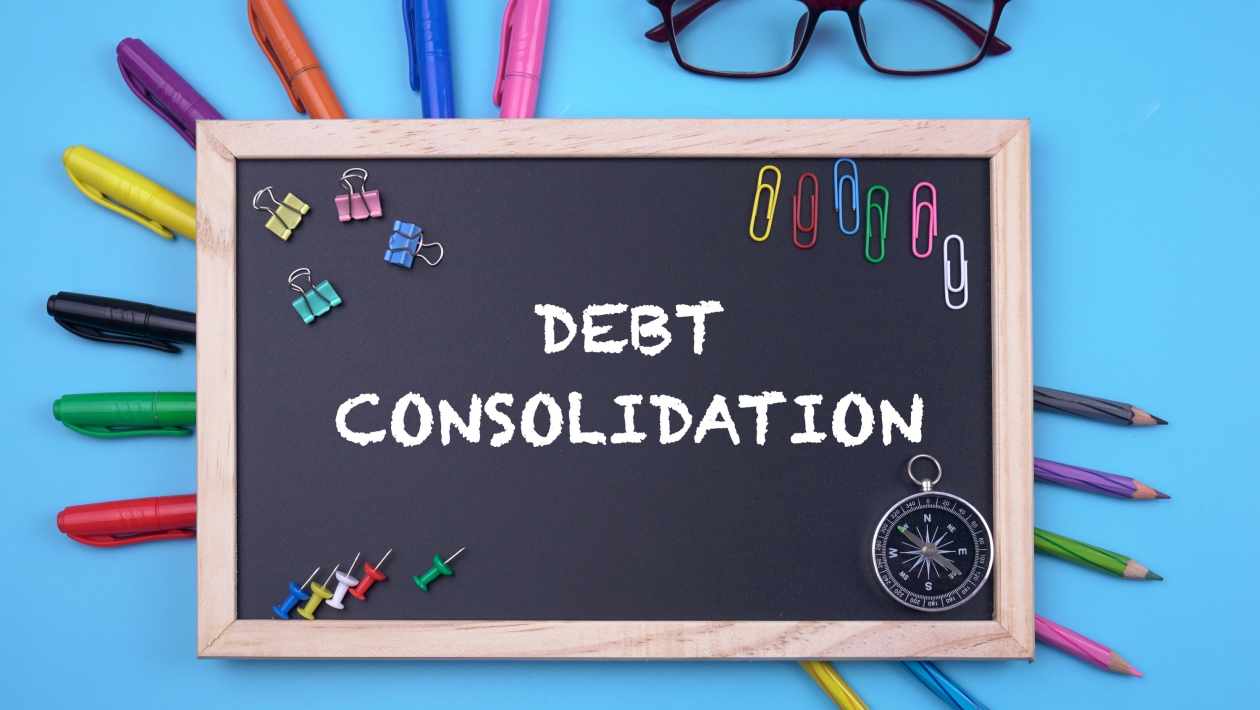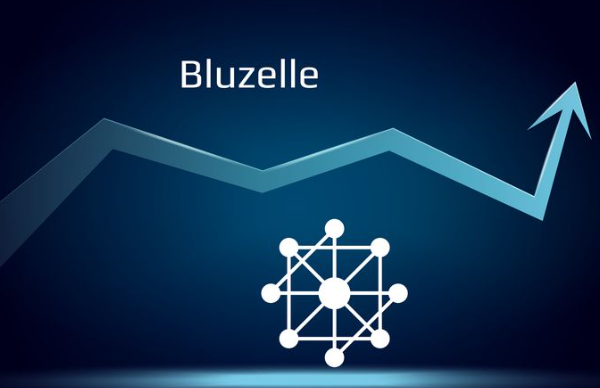If you’re in financial quicksand and sinking fast, you need to do something — now — about your debt. You’re considering a secured debt consolidation but you’re unsure what all that entails. Here are some Pros And Cons Of A Secured Debt Consolidation Loan that can help you make a decision.
What Is a Secured Debt Consolidation Loan?
A secured debt consolidation loan is when a borrower pledges an asset such as a house or car as security to the lender, then uses the loan to pay off high-interest debt such as credit cards. The lender has the right to gain custody of the property should you default.
The benefits of such a loan include a lower interest rate, availability of a higher loan amount, and an extended repayment period.
How Do Secured Loans Work?
Before getting into the pros and cons of a secured debt consolidation loan, let’s look at how secured loans work.
You need property that’s worth more than the loan amount. That’s first and foremost. For example, if you offer your $4,000 vehicle as collateral, you may be able to borrow $3,000. If you default on your loan, your lender will seize your car and sell it to satisfy your obligation — and make a little profit.
The interest rate you get hinges on your ability to repay the loan and the value of the asset you’re putting up. Lenders will check your credit history and request documentation about your income.
If you’re putting up your house as collateral, a lender will seek an appraisal plus a down payment of up to 20% of the property’s value to ensure that the lender won’t lose cash if you default.
Pros of Secured Borrowing
Compared to unsecured loans, secured loans have pluses and minuses. Here are some of the advantages:
Lower interest rates. Because you need collateral for a secured loan, the lender isn’t nearly as concerned about your defaulting. Such loans carry less of a risk. Because of that, you can get a lower interest rate for a secured loan than you could for an unsecured loan – sometimes much lower. If your credit is good and you have a steady income and an asset of value to put up, lenders may line up to lend you cash. So, hunt for the best terms.
Larger loans. Not only do you stand to get low interest rates, you also can get more loot. It all depends on risk. If you’ve got sufficient collateral, there’s a good chance you’ll get the amount you’re looking for.
Better terms. Compared with unsecured loans, secured loans frequently come with longer repayment periods. For instance, home loans often let borrowers repay over 30 years. Because real estate typically goes up in value, this makes sense for the lender.
Build your credit. If you handle your business and repay your loan in full and on time, your credit score will reflect your responsible behavior. The next time you need to borrow, you’ll likely get even better terms.
Cons of Secured Borrowing
There are some potential disadvantages to taking out secured loans. Those include:
Loss of property. Yes, this is the biggest downside to secured loans. It might not be that big a deal if your asset is a $400 bracelet, but it’s a far bigger deal if it’s your house, ride, or boat. Tread carefully.
Credit damage. If you don’t hew to loan terms – not make your payments – your credit score will suffer, as will your ability to borrow in the future. Just make sure you can repay the loan before you even apply.
Now you know all about the pros and cons of a secured debt consolidation loan. If it’s right for your situation, stick to the plan, and come out on the other side of more financial freedom.





